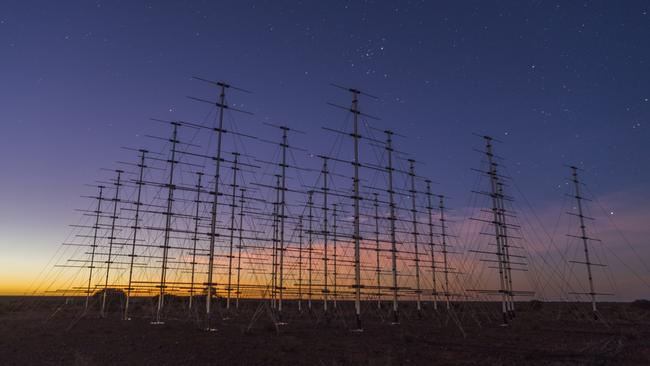Five Eyes countries could boost Australian uni research funding
Resource starved universities can boost research funding by stepping up defence research for Australia and its allies, say analysts.

Universities whose research funding has been hit by the loss of international students due to COVID-19 could find new sources of support by stepping up defence and security research in collaboration with Australia’s “Five Eyes” allies, according to two senior defence analysts.
“A ‘Five Eyes friendly’ university sector will open new and substantial sources of funding and help strengthen Australia’s defence and security capabilities and of our democratic allies,” former defence chief scientist Robert Clark and Australian Strategic Policy Institute executive director Peter Jennings said.
In an opinion article published by The Australian, the pair argued that the university sector was increasingly being looked to for development of critical “enabling technologies”.
They said that funding was available both from Australian sources and from other Five Eyes countries to develop new technologies, offering a “significant opportunity for universities”.
They pointed to Australia’s recent Strategic Update which said $1.2bn had been earmarked over the coming decade for research and development of next-generation technologies, $800m for the Defence Innovation Hub with a focus on prototype development, and $5bn for IT.
Dr Clark and Mr Jennings proposed that a university research partnership in defence and security should be developed with other Five Eyes nations.
“We believe it would have the support of the Australian public, alliance partners and university researchers alike,” they wrote.
As an initial step, Dr Clark and Mr Jennings said Australia’s defence research relationship with the US could be widened through an existing agreement for science and technology co-operation.
“The US-Australia alliance holds important ministerial-level meetings involving the Defence Department and DFAT. Expanding this in a manageable way to include a strategic university research alliance would add an important dimension and strengthen the alliance overall,” they wrote.
The US research relationship could then be a model for co-operation with other Five Eyes nations as well as Japan and India.
The pair believed the relationship should also be developed at a university level. “We see great value in encouraging, for example, the Australian Group of Eight publicly funded research-intensive universities to engage with the publicly funded research-intensive universities within the US University of California system in this context,” they wrote.
Dr Clark, who was the founding director of ARC Centre of Excellence for Quantum Computer Technology, and Mr Jennings said it was important for universities to participate in defence research alongside industry and government agencies.
“Fundamental and applied research carried out by the university sector, with its substantial postgraduate research student and capital equipment resources, is an essential and complementary element and force multiplier to our sovereign defence industry and capability edge,” they wrote.



